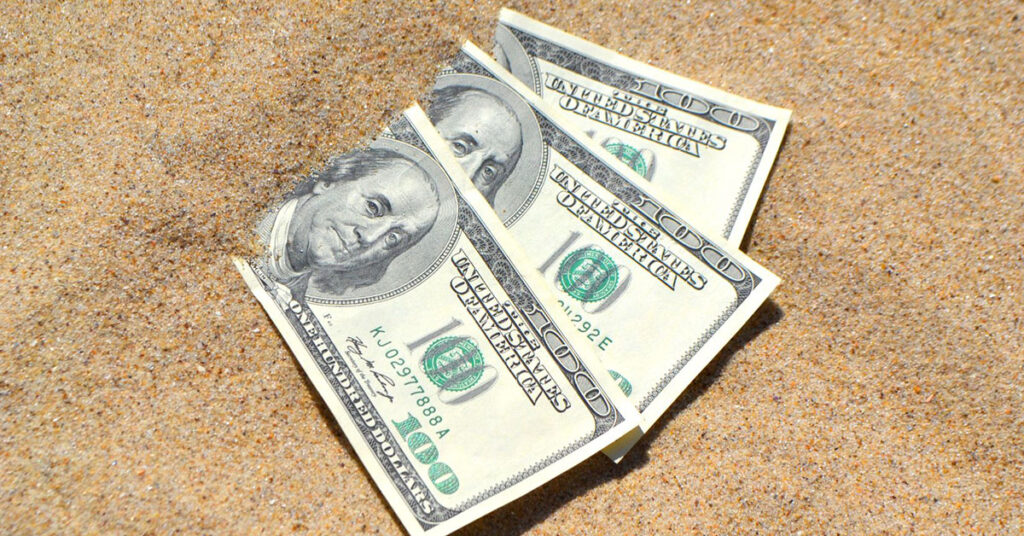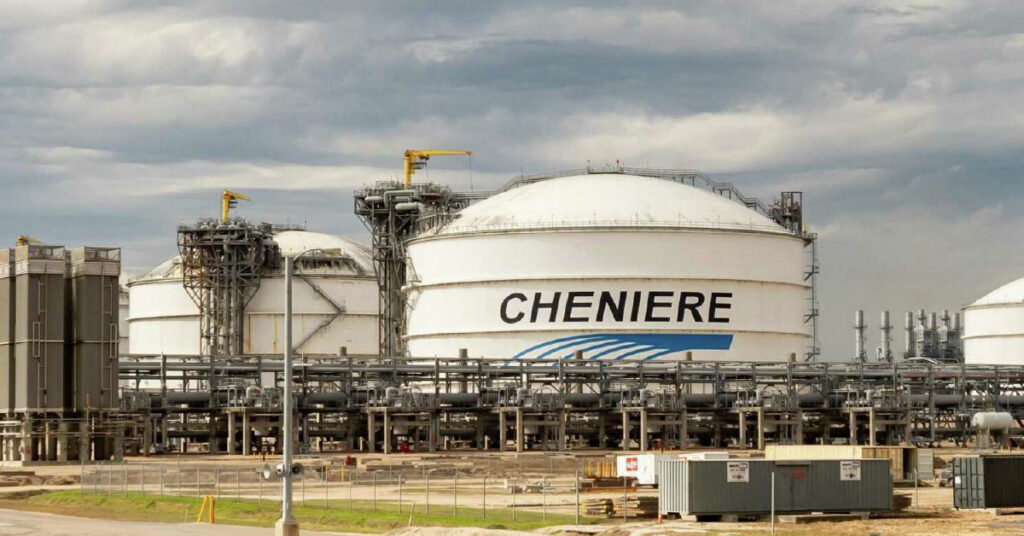It’s been five years since the Coca-Cola Corporation was found by the U.S. Tax Court to have bilked U.S. taxpayers out of billions of dollars by hiding its U.S. profits in foreign tax havens. Half a decade later, the tax penalty facing Coke is (to coin a phrase) the real thing. Coke now estimates that the Tax Court’s ruling could cost the company as much as $18 billion in tax penalties.
But Coca-Cola leaders, apparently banking on the Trump administration’s rapid demolition of the Internal Revenue Service (and possibly emboldened by the company’s Trump-pleasing decision to use cane sugar in some domestic Coke products), are now telling their shareholders that they believe the company will ultimately only have to pay 3 percent of this $18 billion tax bill—which means U.S. taxpayers will be on the hook for the other 97 percent.
We know this because corporations are required, in their annual reports to shareholders, to disclose a statement of “unrecognized tax positions” or UTPs. These are the probably-illegal tax breaks that the company has claimed on tax forms, but that it believes would likely be disallowed on audit. The UTP statement is a confessional of sorts for companies whose leaders live in the grey areas of the tax law: companies facing multi-billion dollar tax settlements disclose these amounts as part of their UTP’s. But, notwithstanding Coke’s own calculation that it faces up to an $18 billion tax bill, you’d look in vain for this amount in Coke’s UTP tally. As of June 30, the company says its UTP related to the Tax Court decision is just $493 million, barely 3 percent of the $18 billion.
Giving shareholders a “sense of false security,” as one analyst describes it, isn’t how financial disclosures are supposed to work. But for anyone reading the papers, the company’s confidence in a favorable resolution of its tax bill may seem regrettably plausible: the Trump administration’s combination of budget cuts, mass firings and regulatory malfeasance is on track to render the IRS incapable of stopping corporate tax avoidance. The shadow of the U.S. Supreme Court’s Loper Bright decision, which generally reduces the regulatory reach of the Treasury Department in fairly administering corporate taxes, also looms large over the case.
And the company’s recent cane-sugar about face in response to Trump’s personal request seems tailor-made to curry favor with those in charge of the nation’s tax administration. (Asked whether the company’s move to cane sugar had been influenced by Trump, Coke’s CEO said coyly that “engagement with government is a piece of what goes on.”)
Coke is now so outwardly confident that it won’t have to pay its multi-billion-dollar tax bill that it reported, in its 2024 annual financial report, net interest income of $77 million related to the case. This completely hypothetical income flow is there because if Coke successfully appeals the Tax Court’s ruling and gets back the part of the settlement it has already paid, it will also be rewarded with interest on that payment. So Coke is not only concealing the $18 billion tax bill hanging over its head, it’s also reporting (to shareholders, not the IRS) $77 million of 2024 interest income that the company has not received – and won’t receive unless it wins on appeal.
But Coke’s “have a coke and a smile” carefree attitude in the face of one of the largest IRS tax penalties in history flies in the face of the company’s history: few corporate names have been more consistently tied to corporate tax avoidance during the 21st century than Coca-Cola.
When Congress offered tax-sheltering multinational corporations a “repatriation holiday” in 2004 to encourage these companies to bring their offshore profits back to the U.S. at a special low tax rate, Coca-Cola jumped at the opportunity. According to a report from the Senate Permanent Subcommittee on Investigations, Coke brought back $7.5 billion (at least on paper) to the US, fully 80 percent of which came from subsidiaries in known offshore tax havens.
But these repatriated profits were, it seems, only in the US on a tourist visa. When, just over a decade later, Congress once again faced a crisis of multinational offshoring, Coca-Cola disclosed that a staggering $35 billion of its cumulative profits were stashed offshore at the end of 2016 and, in the face of accounting rules requiring them to inform shareholders of the potential US tax hit on repatriation of these offshore profits, stated only that determining this tax bill was “not practicable because of the complexities associated with its hypothetical calculation.” A 2017 ITEP report gives a hint of why Coca-Cola chose not to reveal the details of this calculation: the company disclosed 13 subsidiaries in known foreign tax havens, including three in the no-corporate tax Cayman Islands alone.
The findings of the U.S. Tax Court in its 2020 decision against Coca-Cola are even more damning. The court found that, based on analyses provided by experts, the profit margins of Coke’s foreign tax-haven subsidiaries were so high as to be “economically inexplicable.” Specifically, the Court found that the (alleged) profitability of several of Coca-Cola’s offshore subsidiaries far exceeded any plausible “normal” rate of return on assets. The subsidiaries’ profit margins were most outrageously high in Ireland (214%) and Brazil (180%), but were also suspiciously high in Chile, Costa Rica, Swaziland and Mexico. For the six subsidiaries taken as a group, profits were “almost seven times higher” than the expected rate of return for such subsidiaries—and the subsidiaries’ profits margins were also far higher than that of the U.S. parent corporation.
What made these profit margins so outlandish is that Coke’s U.S.-based parent company owned virtually all of the company’s trademarks and other intangible assets (such as the immediately recognizable Coke logo), which are a big source of profitability. This means most of the company’s profit should be associated with the parent. But instead, Coke’s foreign subsidiaries were somehow claiming to generate the lion’s share of the company’s profits. And the single subsidiary reporting the most ludicrously high profit margins (the Irish subsidiary with the 214% return) owned no valuable intangible assets at all, so its income-generating capacity should have been extremely limited.
This prompted the Court to ask rhetorically, “why are the [foreign subsidiaries], engaged as they are in routine contract manufacturing, the most profitable food and beverage companies in the world? And why does their profitability dwarf that of [the parent company], which owns the intangibles upon which the Company’s profitability depends?” The obvious answer, as the Court indicated in its decision, is that it shouldn’t, and these profits should be reallocated to face the same U.S. corporate tax rate that smaller, law-abiding businesses must pay.
The summer of 2020, when the U.S. Tax Court handed down its decision against Coke, feels like a lifetime ago to many Americans. And with the Trump administration sending clear signals that it doesn’t intend to fully or fairly enforce our corporate tax laws, it’s a whole new ballgame for big multinationals seeking to dodge their fair share of taxes.
But even if Trump’s Treasury Department doesn’t want to see them, the facts of the Tax Court’s decision remain damning, and this administration’s indifference to our growing federal budget deficits doesn’t make them any less real. If Coca-Cola’s leaders are correct in their assertion that they’ll only have to pay 3 percent of the tax bill they’re currently facing, the rest of us will be left to pick up the remaining 97 percent.





